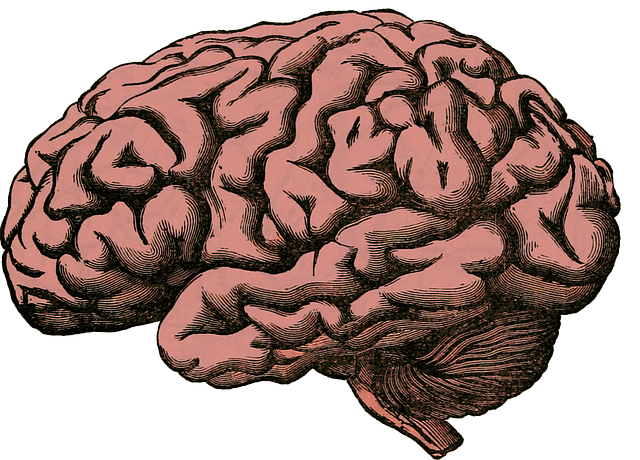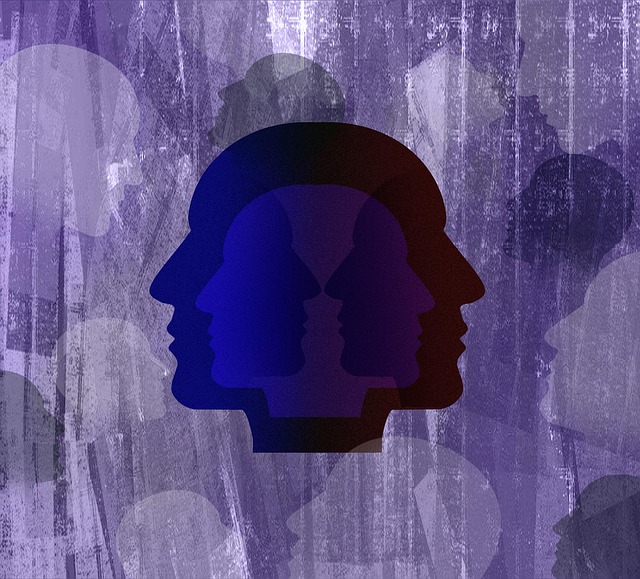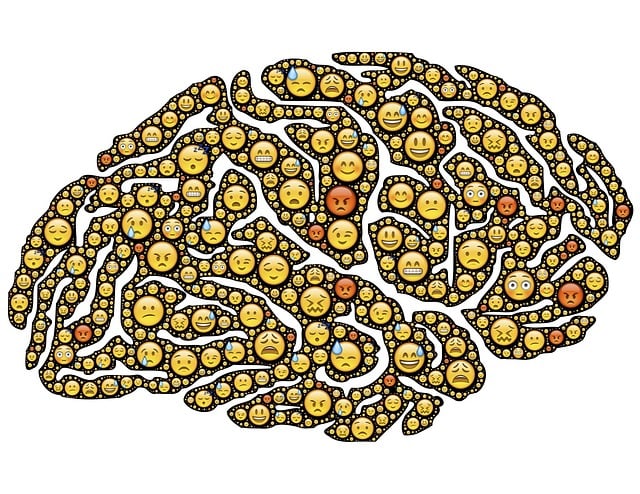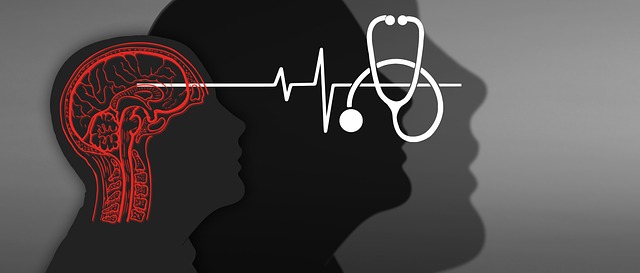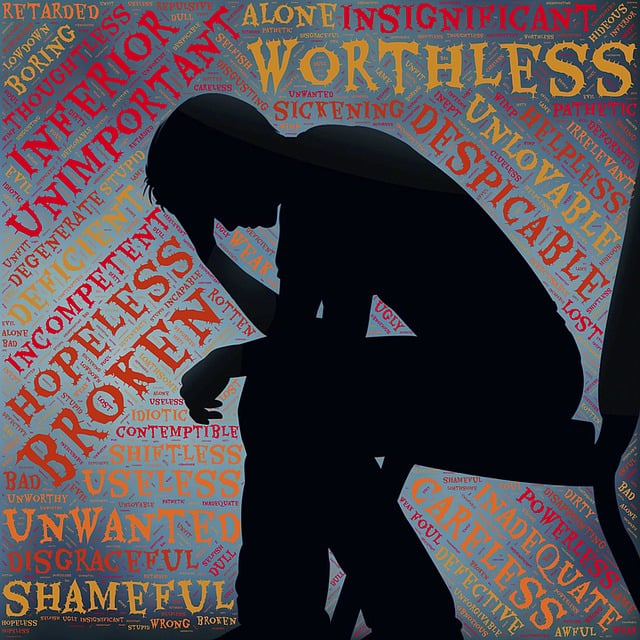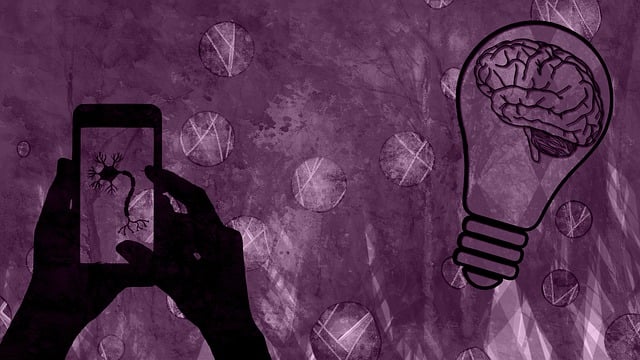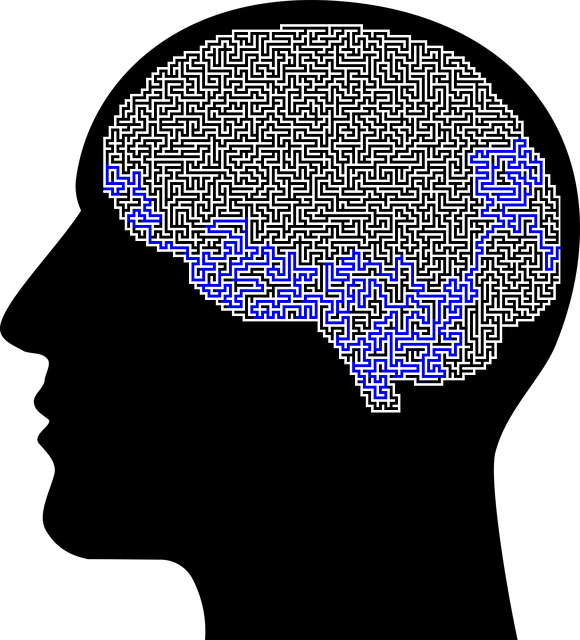Castle Rock Panic Disorder (CRPD) is a debilitating mental health condition characterized by unpredictable anxiety attacks, significantly impacting daily life. However, 24/7 crisis hotline support services offer immediate assistance and specialized CRPD therapy to manage symptoms, improve quality of life, and restore control. These services include community outreach programs aimed at reducing stigma, providing resources, and focusing on Castle Rock Panic Disorder and Anxiety Attacks Therapy. Early intervention through therapy is crucial for better outcomes, and open conversations along with initiatives like Crisis Intervention Guidance can normalize help-seeking behaviors, ensuring accessible tailored resources for those in distress.
“In a world where mental health crises can strike unexpectedly, access to immediate support is vital. This article explores how crisis hotline services play a crucial role in mitigating the impact of conditions like Castle Rock Panic Disorder and Anxiety Attacks. We delve into the significance of these resources, offering insights on their effectiveness and how individuals can navigate them. Additionally, we address the persistent stigma surrounding mental health issues, encouraging open dialogue and early intervention through therapy.”
- Understanding Castle Rock Panic Disorder and Anxiety Attacks
- The Role of Crisis Hotline Support Services
- How to Access and Utilize These Resources Effectively
- Overcoming Stigma: Encouraging Seeking Help for Mental Health Crises
Understanding Castle Rock Panic Disorder and Anxiety Attacks

Castle Rock Panic Disorder (CRPD) is a severe and debilitating condition characterized by recurrent and unexpected anxiety attacks that last for at least 10 minutes. These attacks can occur anywhere, at any time, causing intense fear and distress. Symptoms include rapid heartbeat, sweating, trembling, shortness of breath, and feelings of losing control or impending doom. CRPD is more than just typical anxiety; it significantly impacts daily life, making simple tasks overwhelming.
The good news is that Castle Rock Panic Disorder and Anxiety Attacks Therapy are available through various mental health crisis hotline support services. These hotlines offer immediate assistance and long-term solutions. Through tailored therapy sessions, individuals can learn coping strategies to manage symptoms, improve their quality of life, and regain a sense of control. Mental Health Awareness and Education Programs Design often include community outreach initiatives that break down stigma and provide resources for those affected by CRPD.
The Role of Crisis Hotline Support Services

Crisis hotline support services play a pivotal role in addressing immediate mental health concerns, especially for individuals grappling with conditions like Castle Rock Panic Disorder and Anxiety Attacks. These 24/7 resources provide a safe space for people to reach out and connect with trained professionals who can offer guidance, empathy, and swift intervention during moments of intense distress.
The effectiveness of these hotlines lies in their ability to facilitate emotional healing processes by employing strategies tailored to individual needs. From providing coping mechanisms for anxiety attacks to offering confidence-boosting techniques, hotline counselors are equipped to navigate diverse scenarios. Moreover, cultural competency training ensures that healthcare providers can offer empathetic support, respecting the unique backgrounds and perspectives of those seeking help, fostering a deeper sense of trust and understanding during these challenging conversations.
How to Access and Utilize These Resources Effectively

Accessing mental health crisis hotline support services can be a lifeline for those experiencing Castle Rock Panic Disorder and Anxiety Attacks. The first step is to recognize when you or someone close needs help, then quickly reach out to these resources. Many hotlines offer confidential and free counseling, with trained professionals available 24/7 to provide immediate assistance.
To utilize these services effectively, it can be beneficial to prepare beforehand. Keep hotline numbers readily accessible, and consider using compassion cultivation practices or emotional intelligence techniques to help manage symptoms until you can connect with a counselor. Mental wellness coaching programs are also available to support long-term recovery and development of healthy coping mechanisms. Remember, seeking help is a sign of strength, and these resources are designed to provide the necessary tools for navigating challenging times.
Overcoming Stigma: Encouraging Seeking Help for Mental Health Crises

Overcoming stigma surrounding mental health crises is pivotal in encouraging individuals to seek help when facing difficulties. Stigma often acts as a barrier, leading many to suffer in silence instead of reaching out for support. This issue is especially pertinent for conditions like Castle Rock Panic Disorder and Anxiety Attacks, where early intervention through therapy can significantly improve outcomes. By fostering open conversations and implementing initiatives such as Crisis Intervention Guidance and Mental Health Policy Analysis and Advocacy, we can normalize the act of seeking help.
Social Skills Training plays a crucial role in this process by equipping individuals with tools to navigate support systems effectively. Through education and awareness, communities can create an environment where mental health crises are met with empathy rather than judgment. Encouraging help-seeking behaviors ensures that those experiencing distress have accessible resources tailored to their unique needs, ultimately leading to better management and recovery.
Crisis hotline support services play a pivotal role in providing immediate assistance during mental health crises, especially for those experiencing Castle Rock Panic Disorder and Anxiety Attacks. These resources offer a safe space for individuals to receive non-judgmental support, access professional guidance, and connect with specialized therapy options tailored to their unique needs. By promoting awareness and overcoming stigma, we can encourage more people to seek help during moments of distress, fostering better mental well-being within our communities.
